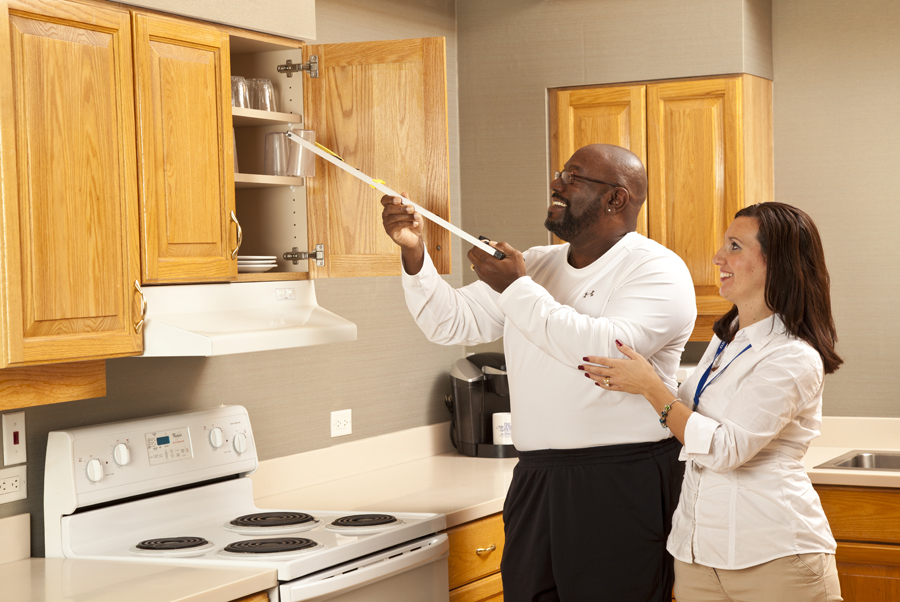Enhancing Healing Via Cardiopulmonary Physiotherapeutic Therapy during the Journey of Post-Operative Rehabilitation
Enhancing Healing Via Cardiopulmonary Physiotherapeutic Therapy during the Journey of Post-Operative Rehabilitation
Blog Article
Cardio-pulmonary physical therapy plays a vital role in assisting individuals heal following surgery, particularly for those who have undergone procedures affecting the cardiac system and pulmonary system. Recovery from surgery can be a challenging journey, often accompanied by discomfort, exhaustion, and limited movement. However, with the appropriate strategy and support, individuals can regain their vitality and improve their overall health. This type of therapy concentrates on improving the function of the cardiac system and lungs, which is essential for a successful healing.
One of the main objectives of cardio-pulmonary physiotherapeutic treatment is to improve cardiovascular endurance. After surgery, patients may face reduced endurance, making everyday tasks feel more exhausting. Through a carefully planned fitness program, physical therapists assist patients in gradually boosting their activity levels. This may include activities such as walking, bicycling, or targeted respiratory exercises. These exercises not only help build power but also boost respiratory capacity, which is crucial for guaranteeing that the body receives enough oxygen.
Moreover, cardio-pulmonary physiotherapeutic treatment highlights the significance of respiratory methods. Many post-operative patients may struggle with full respiration due to discomfort or restricted movement. Therapists instruct individuals how to perform deep respiratory activities, which can facilitate expand the lungs and clear out any secretions that may have built up during the healing process. Appropriate breathing techniques are essential to avoid issues such as lung infections, which can arise if the pulmonary system are not operating optimally. By focusing on these methods, patients can improve their healing and general pulmonary health.
Another key component of this type of treatment is instruction. Therapists provide valuable information about the recovery journey, including what patients can expect during recovery. They explain how to recognize warning signs that may indicate issues, helping individuals feel more in charge of their health. Comprehending the importance of exercise in healing allows patients to take an engaged part in their recovery journey. This enablement is crucial for building self-assurance and promoting a positive outlook during recovery.
In summary, cardio-pulmonary physiotherapeutic treatment is an integral aspect of post-operative rehabilitation for patients undergoing cardiac and lung procedures. By focusing on enhancing heart and lung endurance, teaching breathing methods, and offering knowledge, physical therapists empower patients to assume control of their healing. This specialized treatment not only assists in physical healing but also supports mental well-being, making the journey of healing smoother and more bearable. With the appropriate support and guidance, patients can physical therapy for concussion management successfully regain their vitality and go back to their regular activities.